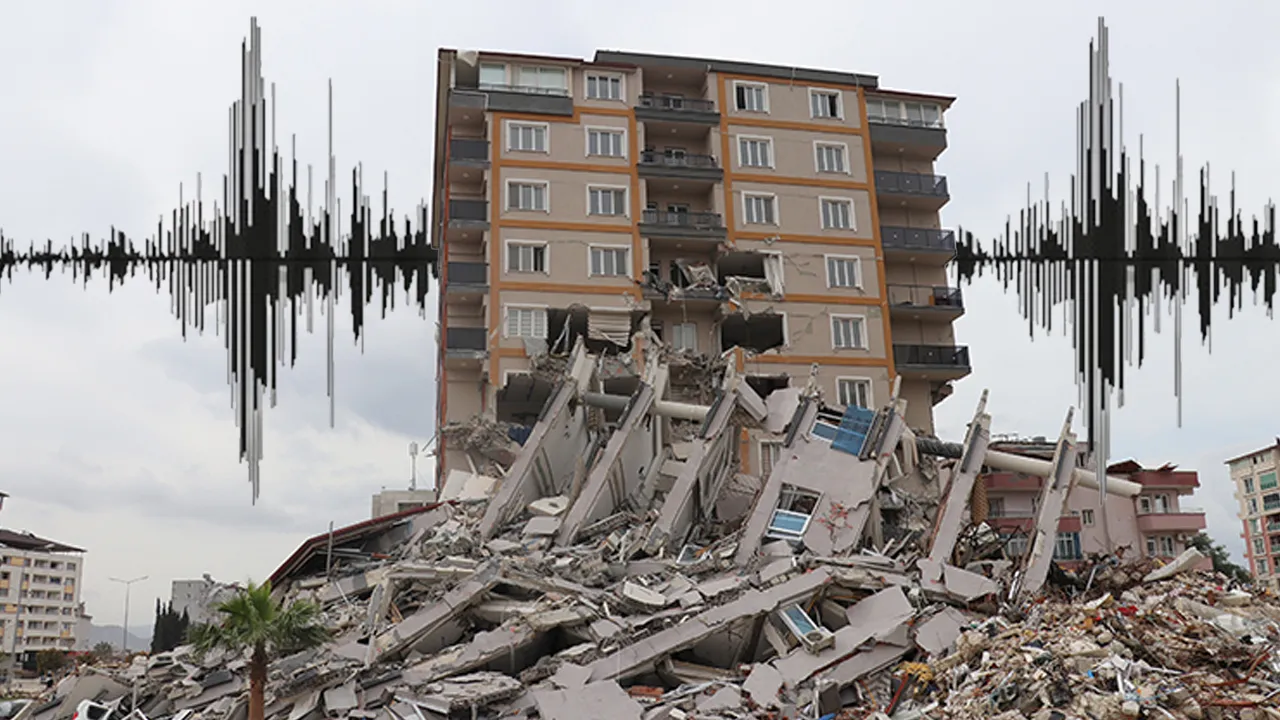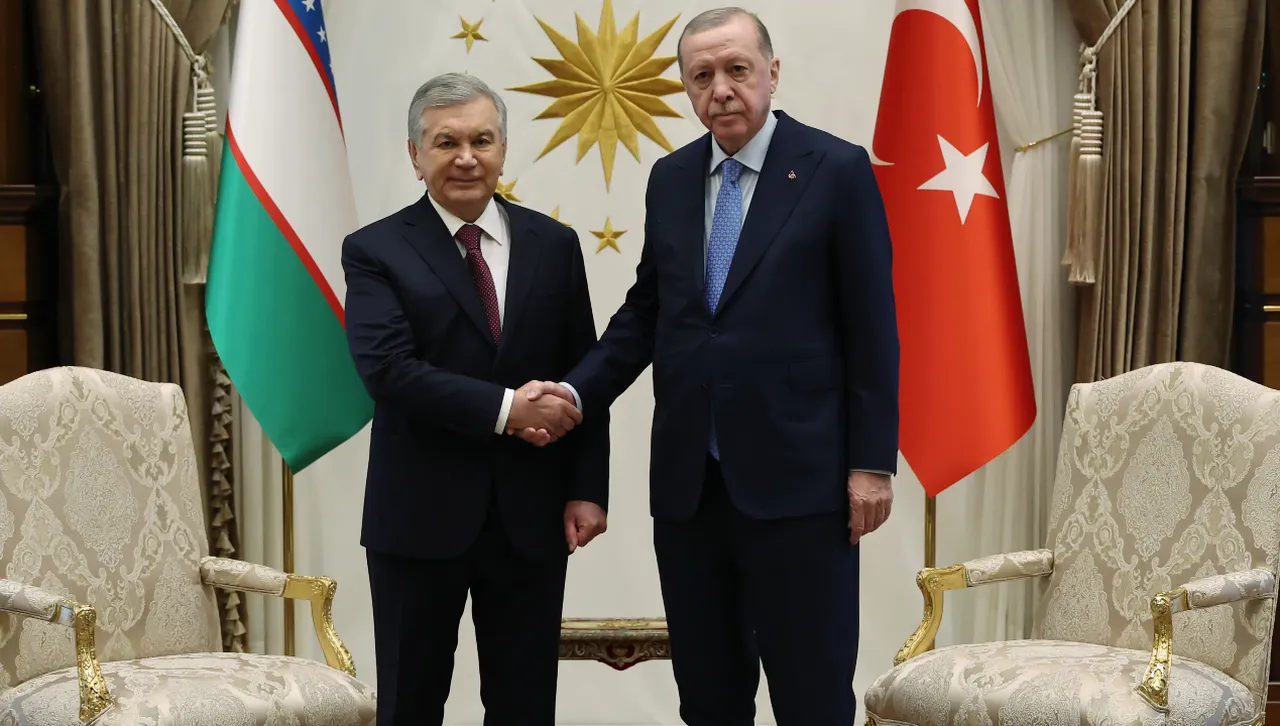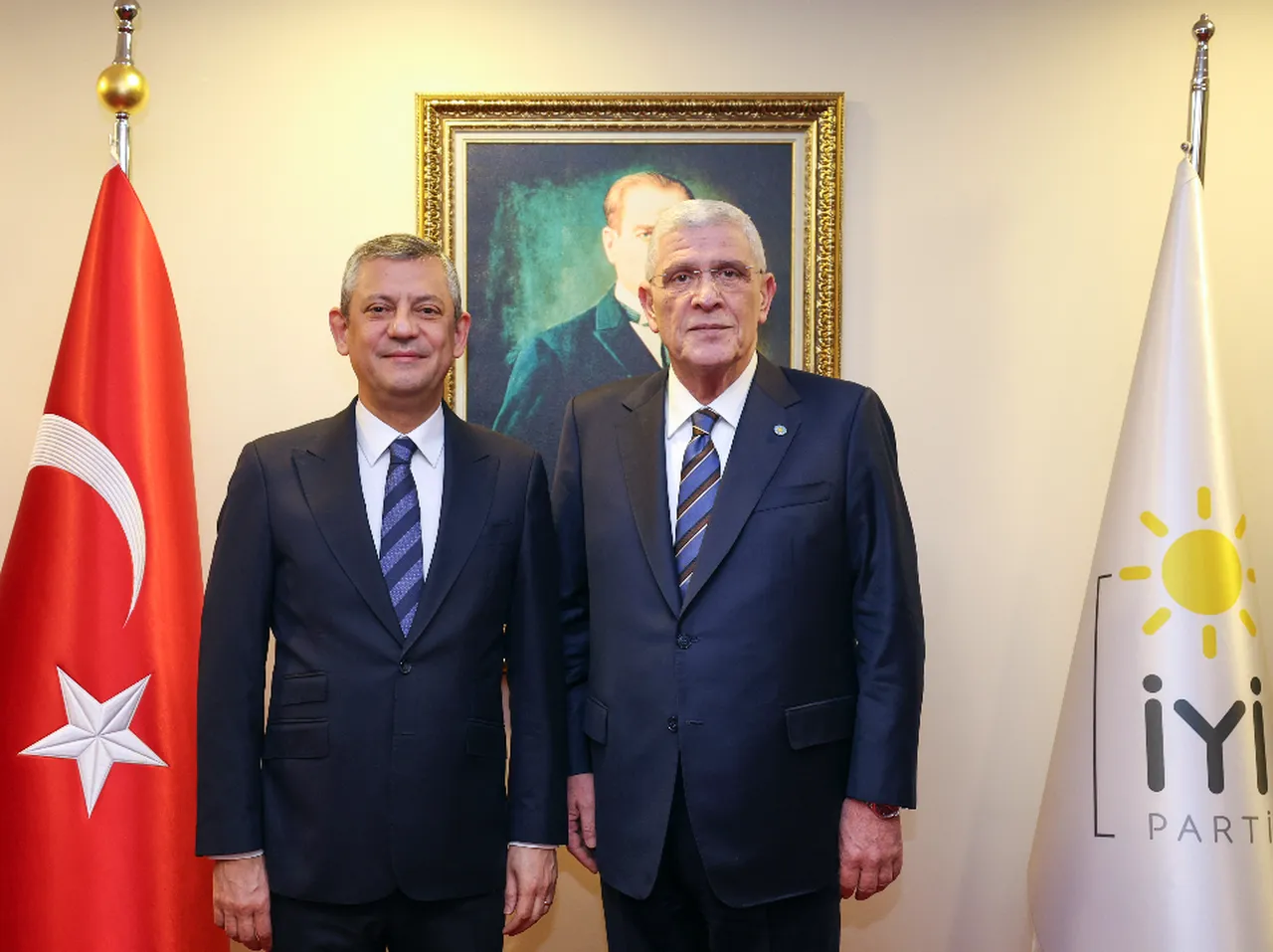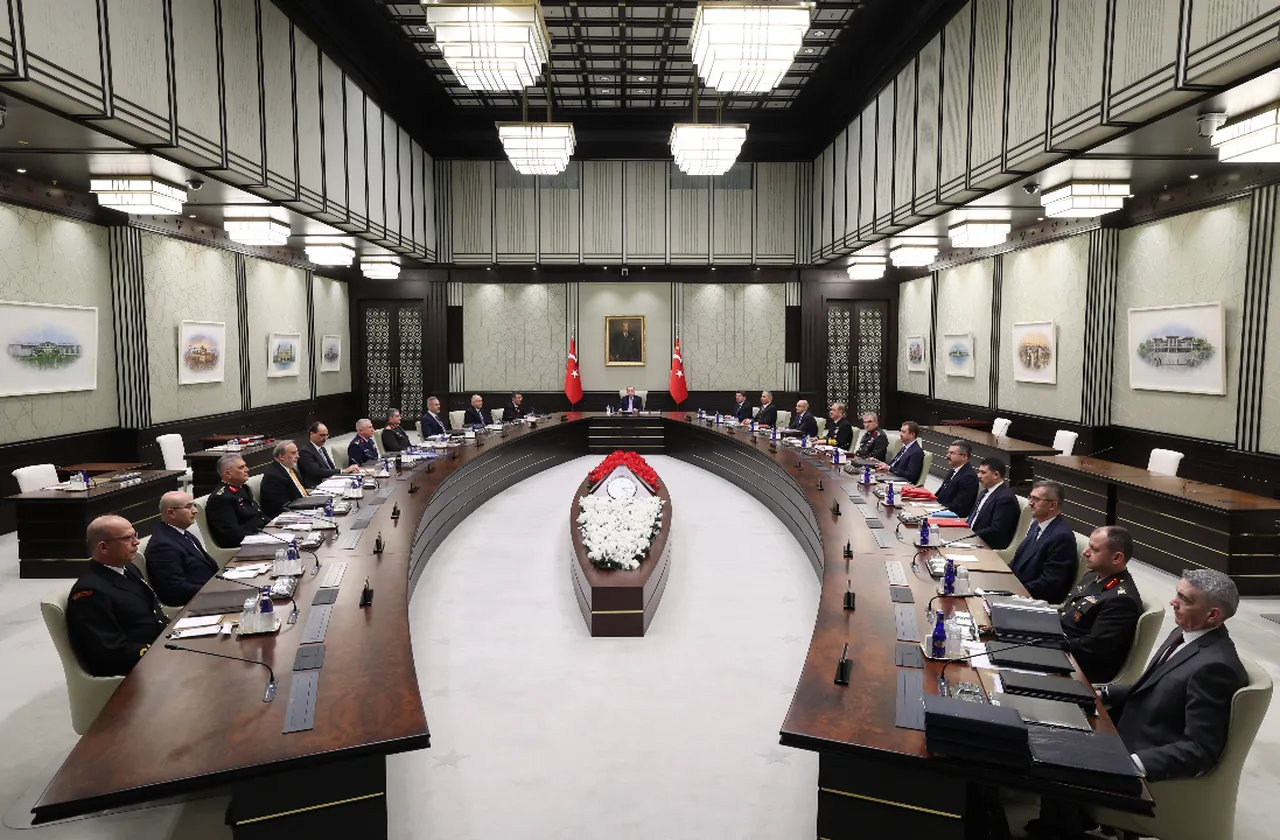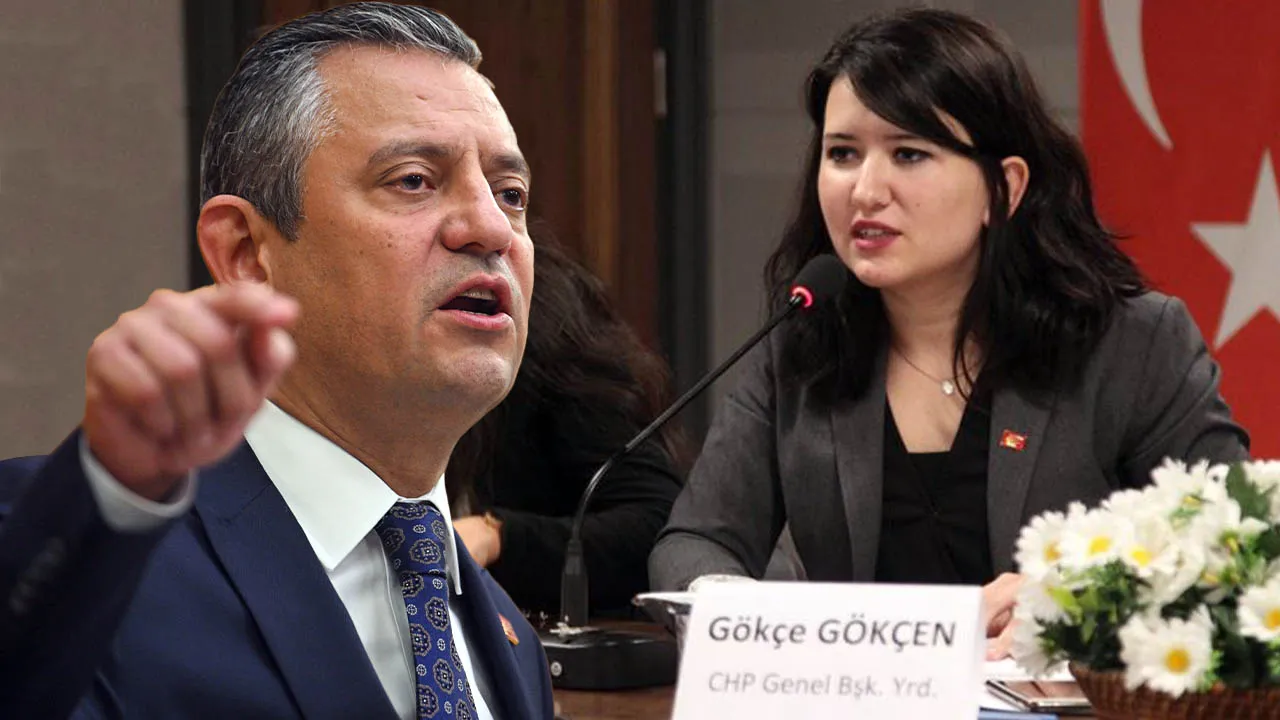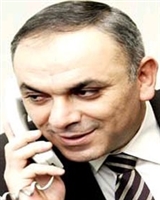
AKP'YE ALTERNATİF 'FAŞİST VE LAİK' HÜKÜMET!
AK Parti Genel Başkan Yardımcısı Egemen
Bağış, "Bütün dünyanın profesyonel militanları 'analist' örtüsü altında
Türkiye'ye, Türk seçmenine ve Hükümetimize dış medyada saldırmaya
başladı" dedi.
Egemen Bağış, Hudson Institute uzmanlarından Zeyno Baran'ın
International Herald Tribune gazetesinde yayımlanan makalesi ile ilgili
bir açıklama yaptı.
"Bütün dünyanın profesyonel militanları 'analist' örtüsü altında
Türkiye'ye, Türk seçmenine ve Hükümetimize dış medyada saldırmaya
başladı" diyen Bağış, "bu insanların nereden cesaret aldıklarını"
düşünmek gerektiğini dile getirdi.
Bu tür yazılardan birinin de International Herald Tribune gazetesinde
çıktığını belirten Egemen Bağış, şöyle konuştu:
"Bakmışlar ki Türkiye'de siyasi muhalefette iş yok, CHP muhalefetini
korumaya almışlar. Diyorlar ki (Tamam Türkiye'de muhalefet yani CHP batı
karşıtıdır, AB karşıtıdır, ABD karşıtıdır, ama bunu kalpleri kırık
olduğu için yapıyorlar).
Sayın Baykal, kalbiniz kırıkmış, bakın öyle yazıyorlar. Kalbiniz neden
kırık? Kırık kalple AB karşıtı olmuşsunuz. Allah kimsenin başına
vermesin.
Yazıda diyor ki 'batı dünyası, her kimse CHP'ye dikkatle baksın, CHP'nin
de yandan üstten tutulur tarafları vardır'. Yani bu bir bavul, çanta
tarifi gibi geldi. Üzerini silip bir de boya atarsak, nasıl başka bir
şey gibi pazarlarız? Pazarlamaya kalkarsınız, ama Türk halkı bu
saçmalığa inanır mı?
Maşallah, 'Siyasette ABD desteği gerekli' diye konuşulurdu ama ABD'den
CHP'ye bu kadar kuvvetli destek görmemiştik. Yani CHP'ye akıl
veriyorlar. 'Şöyle yapın, böyle yapın' diye. CHP'ye yandaş medya yoluyla
tüyo, formül geliyor. 'Şöyle yapın, böyle yapın' diye.
CHP ve Baykal, ABD'den gelen bu formüle bir baksın. Biz de izleyeceğiz,
CHP bu önerileri nasıl uygulamaya koyacak diye. Ama bu akıl hocaları bir
de tespitte bulunmuşlar. Yazıda diyor ki 'Batıda kimse Türkiye'deki
mevcut hükümetin faşist ve laik bir hükümetle değiştirilmesini istemez'.
Hükümetimize faşist ve laik hükümet alternatifi mi varmış? Bu Türkiye
içinden mi bulunacak, yoksa dışarıdan mı ithal edilecek? Faşist ve laik
hükümet nedir, kimdir? Faşist ve laik hükümet nasıl geliyormuş?
Baykal kimlerle ne çeviriyor, bunu bize bir anlatsın"
İŞTE, ZEYNO BARAN'IN YAZISININ ORİJİNAL METNİ:
Fighting for Turkey's soul
Zeyno Baran / Hudson Enstitüsü Türkiye Uzmanı
Reading the Western press, one would think that there is a fight in Turkey between the democratic - yet religious - governing party and the secular - but anti-democratic - opposition. This is not the case. The ultimate battle is for Turkey's soul: Will Turkey become a liberal democracy and remain an important member of the Euro-Atlantic community, or erode into an illiberal one, moving towards the Russia-Iran axis?
Turkey is undergoing a complex political and social transformation. It is unique, and thus it is impossible to understand what is happening in Turkey today by comparing it with any other Muslim or Western country.
Turkey is 99 percent Muslim, yet it was founded in 1923 as a secular republic. The ending of the caliphate and the Islamic Shariah legal system - thus separating religion and the state - was a truly revolutionary move. Most Muslim countries still have Shariah law enshrined in their constitutions. This has been a huge impediment to their democratic evolution because Shariah, encoded in the 8th century, is not compatible with democracy.
For its part, Turkey has evolved as a democratic country because it has kept religion out of politics. The nation's founding fathers charted the country's course toward the West. However, succeeding generations failed to spread the values and ideals of the republic to the masses. The institutions of democracy remained weak and democratic political culture failed to take root.
Today's fight in Turkey can be described as a power struggle to decide the future of this unique, Western, democratic, secular-but-Muslim country. The governing party and its supporters are labeled as "democrats" committed to reforms and expanding freedoms while those in opposition are branded as "fascist seculars" resisting change.
However, a critical look at the governing party's record would make clear that, while the government has indeed undertaken important political and social reforms, these were overwhelmingly in areas that expanded the freedoms of the conservative religious base. Little attention has been given to the concerns of liberal Muslims, such as the Alevi community, which makes up about 20 percent of Turkey's population.
Moreover, women are increasingly disappearing the work force - except for those areas traditionally seen as the "women's sphere." For example, the current government has only one female member. Not surprisingly, she is the Minister Responsible for Women's Affairs. A recent study found that female participation in the work force ped over 34 percent in 1990 to just over 22 percent at the end of 2007.
Equally disturbing is the various forms of pressure put on women to "protect" the social fabric. In many cases sexual harassment or abuse is viewed as the woman's fault for not having dressed more "Islamic" or for sharing the public space with men.
Another dangerous trend is the systematic undermining of the military, the judiciary and the education system, the three critical institutions of Turkey's secular and Western identity. Most recently, pro-secular rulings by Turkey's highest court (based on the Constitution) have been labeled as "judiciary coups," even by some Turkish liberals and their Western supporters. What these well-intentioned supporters of democracy don't seem to recognize is that they inadvertently strengthen hard-line Islamists, who argue that the current legal system is illegitimate and that Muslims need to be ruled under Shariah.
One can add many more examples - in general, it has become impossible to say anything critical about the government and still be considered mainstream and pro-democracy. In today's Turkey dissent is crushed, and journalists and the business community are either co-opted or silenced.
So why is the West not expressing concern about such critical areas in Turkish democracy? The answer is mostly because the government has positioned itself as the pro-American and pro-EU party, while the opposition has adopted an anti-American and anti-EU position. After all, hardly anyone in the West would like to see a fascist secular replacement of the current government.
But the opposition's anti-Western stand is more like that of a lover with a broken heart. Fundamentally, they want to join the European Union but fear that the Europeans will push them to undertake reforms that will make Turkey more Islamic, and then tell them that they are too Muslim to join a Western club. They feel close to the United States but are angered by Washington's promotion of Turkish moderate Islamists as role models for other Islamists in the Muslim world, making it possible for these movements coming to power through the ballot box instead of through violence. What might be progress for some would be terrible regression for Turkey, which separated state and mosque more than 80 years ago.
Reading the Western press, one would think that there is a fight in Turkey between the democratic - yet religious - governing party and the secular - but anti-democratic - opposition. This is not the case. The ultimate battle is for Turkey's soul: Will Turkey become a liberal democracy and remain an important member of the Euro-Atlantic community, or erode into an illiberal one, moving towards the Russia-Iran axis?
Turkey is undergoing a complex political and social transformation. It is unique, and thus it is impossible to understand what is happening in Turkey today by comparing it with any other Muslim or Western country.
Turkey is 99 percent Muslim, yet it was founded in 1923 as a secular republic. The ending of the caliphate and the Islamic Shariah legal system - thus separating religion and the state - was a truly revolutionary move. Most Muslim countries still have Shariah law enshrined in their constitutions. This has been a huge impediment to their democratic evolution because Shariah, encoded in the 8th century, is not compatible with democracy.
For its part, Turkey has evolved as a democratic country because it has kept religion out of politics. The nation's founding fathers charted the country's course toward the West. However, succeeding generations failed to spread the values and ideals of the republic to the masses. The institutions of democracy remained weak and democratic political culture failed to take root.
Today's fight in Turkey can be described as a power struggle to decide the future of this unique, Western, democratic, secular-but-Muslim country. The governing party and its supporters are labeled as "democrats" committed to reforms and expanding freedoms while those in opposition are branded as "fascist seculars" resisting change.
However, a critical look at the governing party's record would make clear that, while the government has indeed undertaken important political and social reforms, these were overwhelmingly in areas that expanded the freedoms of the conservative religious base. Little attention has been given to the concerns of liberal Muslims, such as the Alevi community, which makes up about 20 percent of Turkey's population.
Moreover, women are increasingly disappearing the work force - except for those areas traditionally seen as the "women's sphere." For example, the current government has only one female member. Not surprisingly, she is the Minister Responsible for Women's Affairs. A recent study found that female participation in the work force ped over 34 percent in 1990 to just over 22 percent at the end of 2007.
Equally disturbing is the various forms of pressure put on women to "protect" the social fabric. In many cases sexual harassment or abuse is viewed as the woman's fault for not having dressed more "Islamic" or for sharing the public space with men.
Another dangerous trend is the systematic undermining of the military, the judiciary and the education system, the three critical institutions of Turkey's secular and Western identity. Most recently, pro-secular rulings by Turkey's highest court (based on the Constitution) have been labeled as "judiciary coups," even by some Turkish liberals and their Western supporters. What these well-intentioned supporters of democracy don't seem to recognize is that they inadvertently strengthen hard-line Islamists, who argue that the current legal system is illegitimate and that Muslims need to be ruled under Shariah.
One can add many more examples - in general, it has become impossible to say anything critical about the government and still be considered mainstream and pro-democracy. In today's Turkey dissent is crushed, and journalists and the business community are either co-opted or silenced.
So why is the West not expressing concern about such critical areas in Turkish democracy? The answer is mostly because the government has positioned itself as the pro-American and pro-EU party, while the opposition has adopted an anti-American and anti-EU position. After all, hardly anyone in the West would like to see a fascist secular replacement of the current government.
But the opposition's anti-Western stand is more like that of a lover with a broken heart. Fundamentally, they want to join the European Union but fear that the Europeans will push them to undertake reforms that will make Turkey more Islamic, and then tell them that they are too Muslim to join a Western club. They feel close to the United States but are angered by Washington's promotion of Turkish moderate Islamists as role models for other Islamists in the Muslim world, making it possible for these movements coming to power through the ballot box instead of through violence. What might be progress for some would be terrible regression for Turkey, which separated state and mosque more than 80 years ago.


